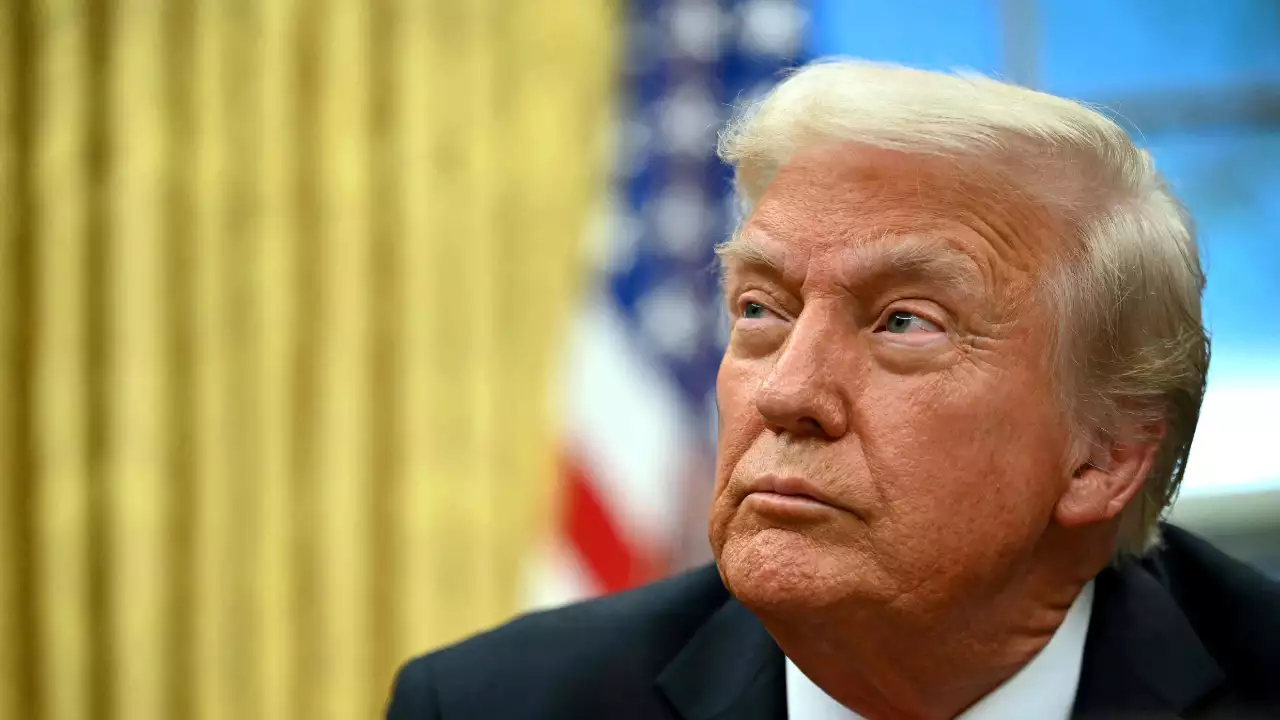Trump says auto tariffs coming April 2

Asked about when he might impose car tariffs during remarks in the Oval Office, Trump said "maybe around April 2." He said that he had planned to announce the tariffs April 1, which is April Fools' Day, but that he was "a little superstitious."
"We're going to do it on April 2, I think. Is that right?" Trump asked an adviser, who confirmed that was correct.
Trump has already proposed a variety of trade measures in his first few weeks in office that could have big consequences for the auto industry.
Trump has announced plans to impose 25% tariffs beginning March 12 on foreign steel and aluminum, which are major inputs for the auto industry.
He proposed a 25% tariff on all imports from Canada and Mexico, which supply raw materials and parts and are home to manufacturing sites for major automakers. Trump has paused those overall tariffs until March 4, as he negotiates with the countries over concessions on drugs and migrants. But he moved ahead earlier this month with an additional 10% tariff on China, which is also a major auto parts supplier.
On Thursday, the president also revealed the details of a "reciprocal tariff" plan, where he ordered his advisers to come up with new tariffs to charge other countries based on their tariffs, taxes, and other trade behavior the president deemed "unfair."
He said that plan could result in tariffs beginning April 2, and he has complained particularly about European tariffs on American cars. The European Union charges a 10% tariff on the American vehicles it imports. The United States charges a tariff of only 2.5% on European cars -- though it charges a 25% tariff on light pickup trucks.
Auto manufacturers depend on highly global and integrated supply chains. Tens of billions of dollars' worth of finished automobiles, engines, transmissions and other components are shipped each week across the U.S. borders with Canada and Mexico, while billions of dollars more are imported from parts manufacturers in China.
Automakers have been bracing for the impact of tariffs and have forecast significant job losses. Earlier this week, the CEO of Ford, Jim Farley, said a 25% tariff on Canadian and Mexican products would "blow a hole in the U.S. industry that we have never seen."

